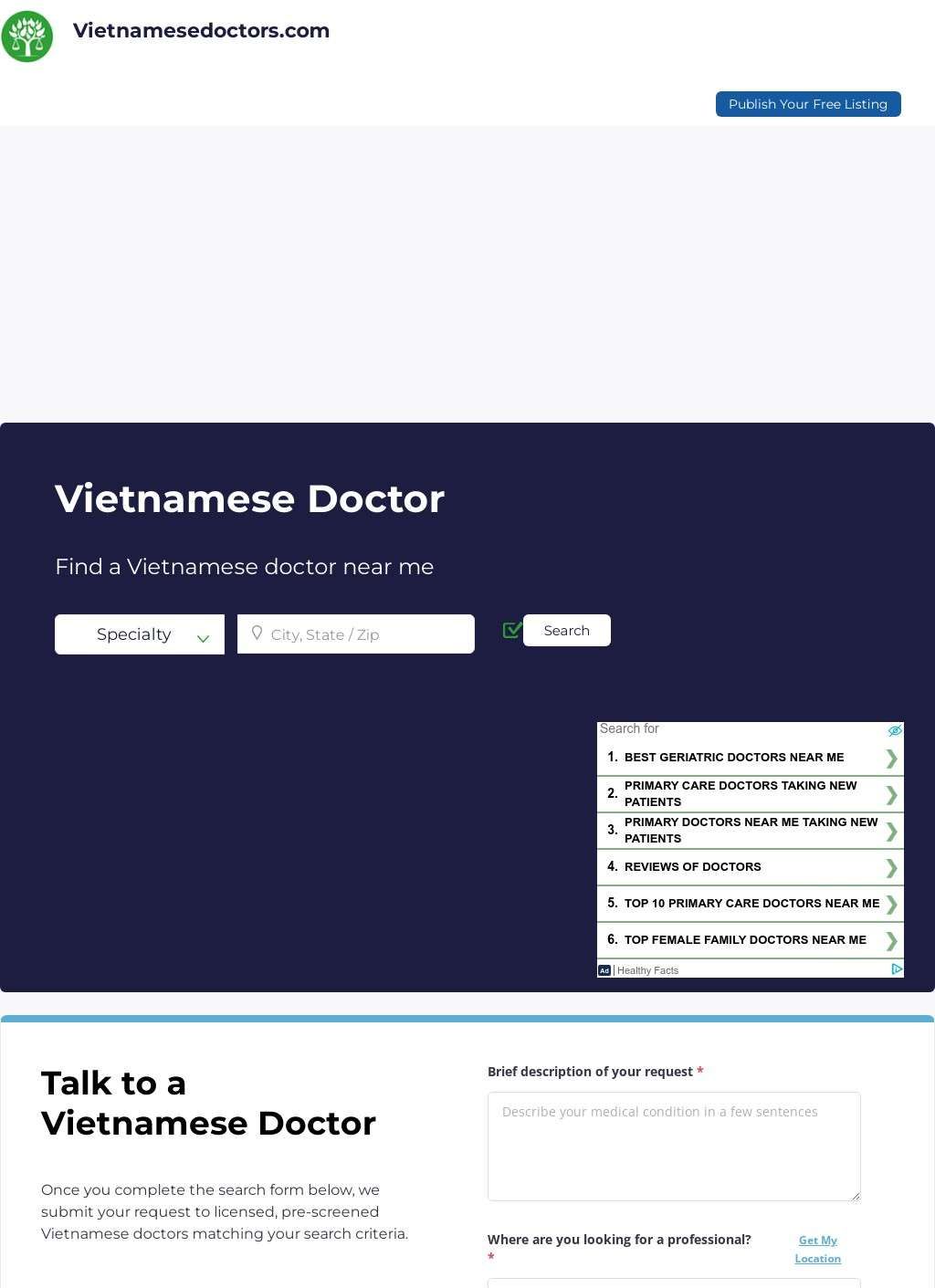Medicine in Vietnam presents a distinctive approach shaped by its cultural and historical context. Here are insights into Vietnam's specific medicine practices:
Traditional Medicine: Vietnam has a rich tradition of traditional medicine, heavily influenced by Chinese medicine. Herbal remedies and acupuncture are commonly used alongside modern medicine.
Community Health Workers: Village health workers play a crucial role in rural areas, providing basic healthcare and health education. They bridge the gap in regions with limited access to hospitals.
Preventive Measures: Vietnamese medicine emphasizes preventive measures. Practices like maintaining a balanced diet and practicing Tai Chi are believed to promote health and longevity.
Herbal Remedies: Herbal medicine is deeply ingrained in Vietnamese culture. Various herbs and plants are used for treating common ailments and promoting well-being.
Acupuncture and Cupping: Traditional therapies like acupuncture and cupping therapy are still widely practiced. They are believed to balance the body's energy and alleviate various health issues.
Modern Healthcare: Vietnam has a growing modern healthcare system with hospitals and clinics offering advanced medical treatments. Ho Chi Minh City and Hanoi are hubs for medical tourism.
Pharmacies: Pharmacies are easily accessible in Vietnam. Pharmacists provide advice and dispense medications, including some that may require prescriptions.
Challenges: Challenges include disparities in healthcare access between urban and rural areas, as well as the need for continued development of healthcare infrastructure.
Health Promotion: Public health campaigns encourage healthy behaviors, such as vaccination and hygiene, to prevent diseases.
In summary, Vietnam's specific medicine practices encompass a blend of traditional and modern approaches, deeply rooted in its culture. These practices contribute to the nation's unique healthcare landscape.
